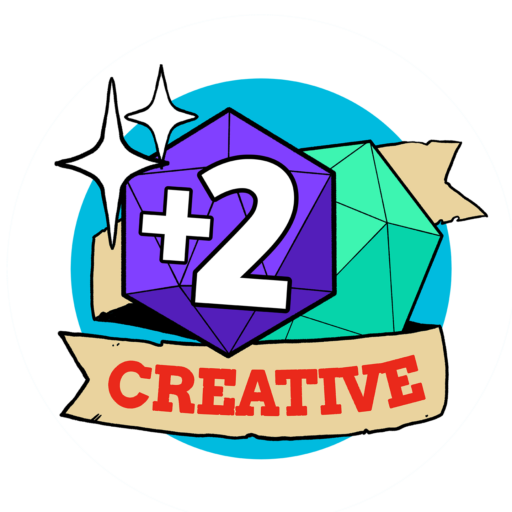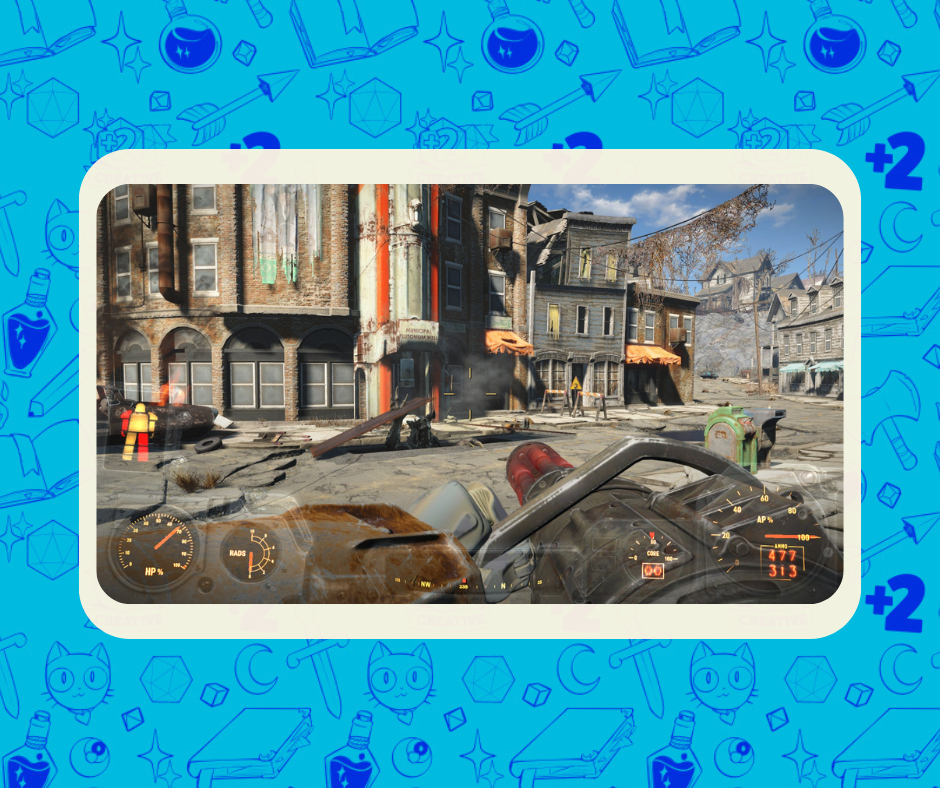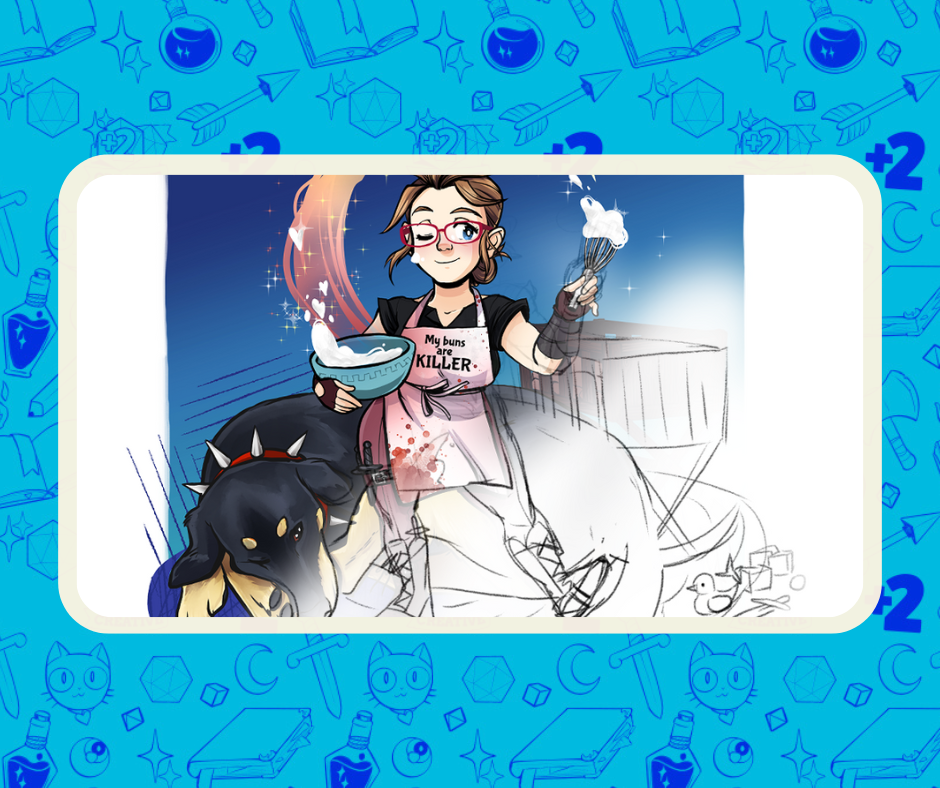Working as a freelancer is a lot like playing an open-world video game. This stood out to me upon shifting to a non-traditional job after years of working in the standard corporate grind. The world of freelancing is dynamic, demanding, and filled with opportunities that require a unique blend of skills and mindset. Looking back on it, this certainly explains why being in a non-traditional job feels so much better to me. Where else can you find these skills, but in open-world video games?
What is a Non-Traditional Worker?
First, what is a “non-traditional worker”? Our friends at Purposeful Careers define the non-traditional workforce as being on-demand workers whose hours will change depending on the employer. There are all kinds of professionals like contractors and freelancers out there too, and they wrote a great blog about it.
Self-Motivation and Goal Setting
In open-world games, players are often given a vast, non-linear environment with numerous objectives and quests. Unlike linear games, where progress is guided step-by-step, open-world games require players to set their own goals and decide on their priorities.
This mirrors the freelance world, where you must motivate yourself, set your deadlines, and pursue various projects without the structured guidance of a traditional job.
Let’s look at one of my faves: Skyrim. In Skyrim, players decide which quests to tackle and in what order. You can tackle the main quest, or get lost in the various side-quests. Even within those, there are different approaches to tackling them. Each player will tackle those problems differently too.
This self-driven approach helps build the habit of setting and achieving personal goals, a crucial skill for freelancers. Working with other contract workers, I’ve seen we can have similar goals that we reach in very different ways.

Time Management
Managing your time effectively is crucial in both open-world games and freelancing. Gamers often juggle multiple quests, resource gathering, and skill improvements, all while navigating the game’s day-night cycles or timed events.
Freelancers, similarly, balance various projects, deadlines, and administrative tasks. Particularly if we run our own businesses, we become accustomed to managing time for clients, and for ourselves. Being able to balance what to do and when is something video games have helped me practice.
In Animal Crossing: New Horizons, players manage their daily activities, from gathering resources to interacting with villagers, all within a real-time clock. This practice of daily task management can translate well into organizing a freelance schedule.

Resource Management
Open-world games often involve managing limited resources, whether it’s inventory space, in-game currency, or crafting materials. Learning to optimize these resources teaches valuable lessons about budgeting and efficiency, directly applicable to managing freelance finances and resources.
As freelancers, we work with various types of resources. There are obvious resources like time and money, but we also consider things like education or even our own energy levels. Juggling multiple resources means we make tons of decisions, just like we would in a game.
In Minecraft, players must gather and allocate resources carefully to build structures and survive. This encourages strategic planning and efficient use of materials, just like managing a freelance budget or investing in tools and software.
Problem-Solving and Adaptability
Freelancing often involves solving unique problems for clients and adapting to new challenges quickly. Open-world games are rich with puzzles, combat scenarios, and unexpected events that require quick thinking and adaptability.
In The Witcher 3: Wild Hunt, players face diverse challenges, from combat to alchemy puzzles, each requiring different strategies. The ability to adapt and find solutions in the game fosters a similar resilience in freelance work.

Networking and Building Relationships
Many open-world games include elements of building relationships with NPCs (non-player characters), which can yield benefits such as information, resources, or allies. Freelancing relies heavily on networking and building client relationships to secure ongoing work and referrals.
In Baldur’s Gate 3, you build relationships with various characters, gaining favors and assistance. Depending on how you choose to help (or not help) the characters in the game affects what you’re able to do as the game progresses. Some characters help you unlock cool new items you wouldn’t have access to if you hadn’t met them. This aspect of the game can help players understand the importance of networking and relationship-building in a freelance career.

Handling Uncertainty and Risk
Both open-world games and freelancing come with a level of uncertainty and risk. Players often venture into unknown territories and face unforeseen challenges, which parallels the risks freelancers take when pursuing new projects or clients.
In No Man’s Sky, you explore and survive in an ever-expanding universe. Players must handle the uncertainty of new planets and the risks they pose, preparing them to navigate the unpredictable nature of freelancing.

Open-world video games are more than just entertainment; they are training grounds for real-world skills. By engaging in these virtual environments, players develop self-motivation, time management, resource management, problem-solving, adaptability, relationship-building, and risk management. These skills are directly transferable to the freelance world, preparing gamers for a successful and dynamic career. So, the next time you embark on a quest in your favorite open-world game, remember that you might also be leveling up your freelance abilities. Maybe mercenary work is right up your alley.




Leave a Reply